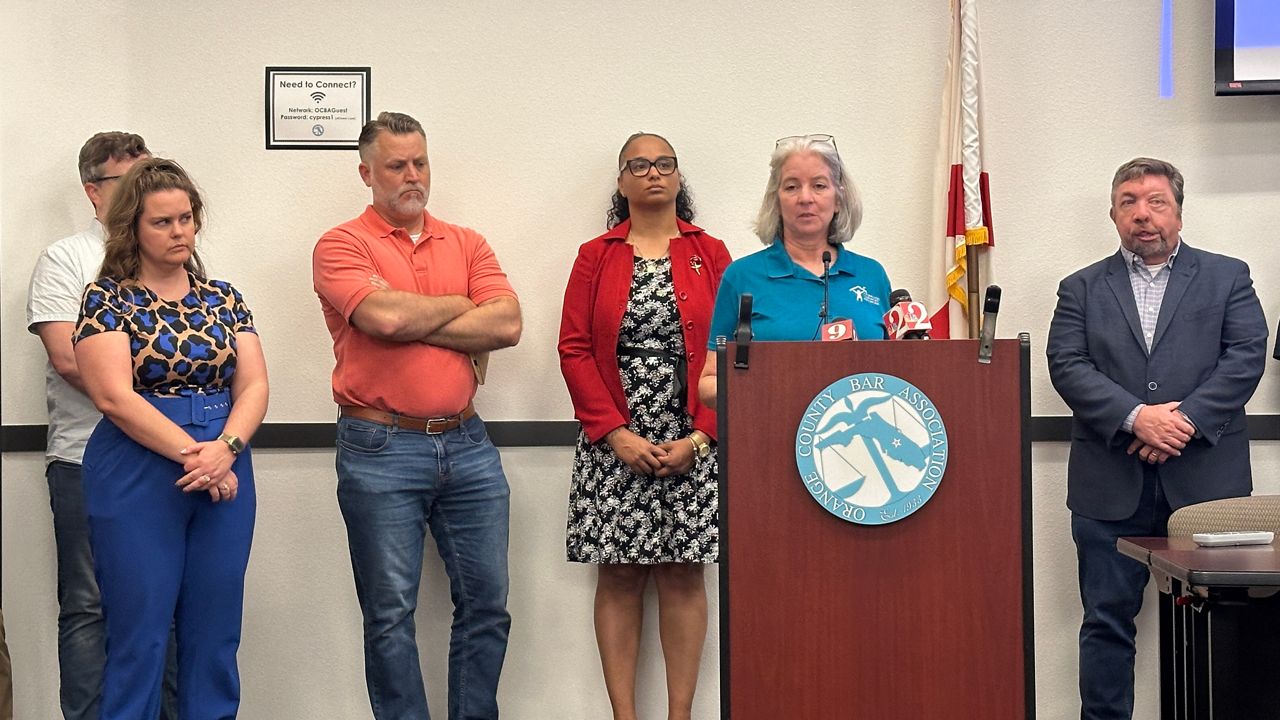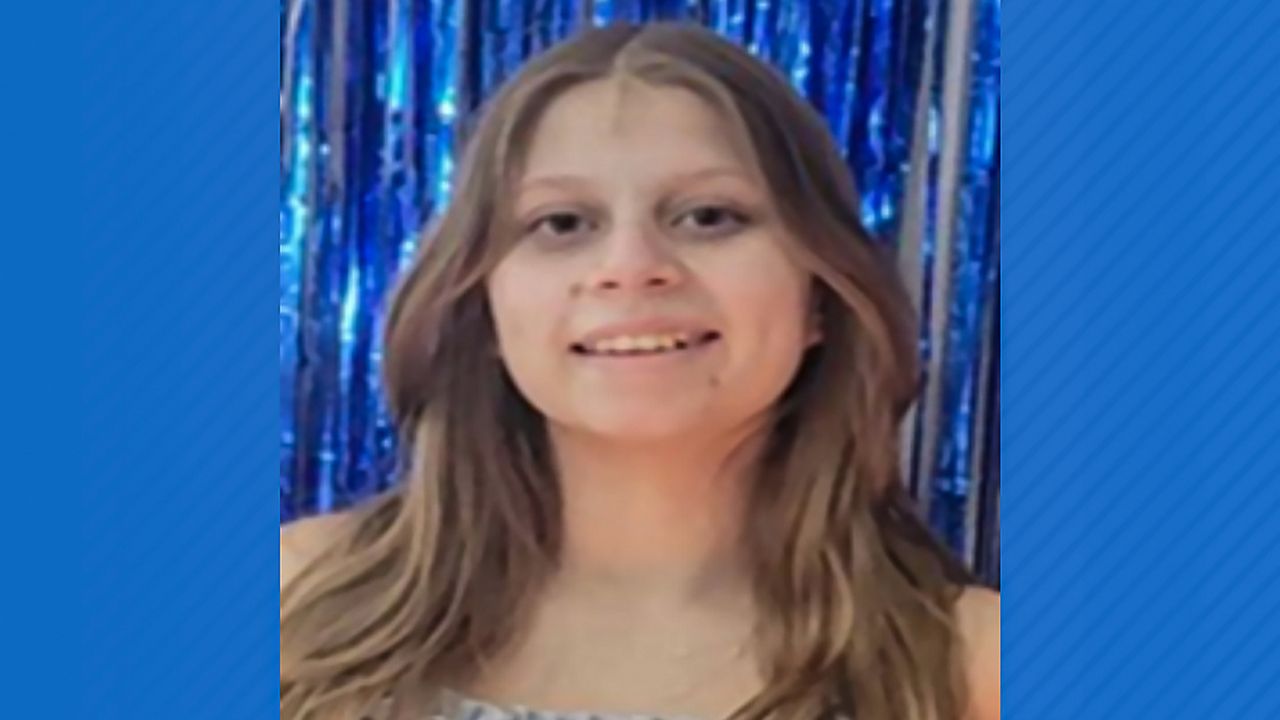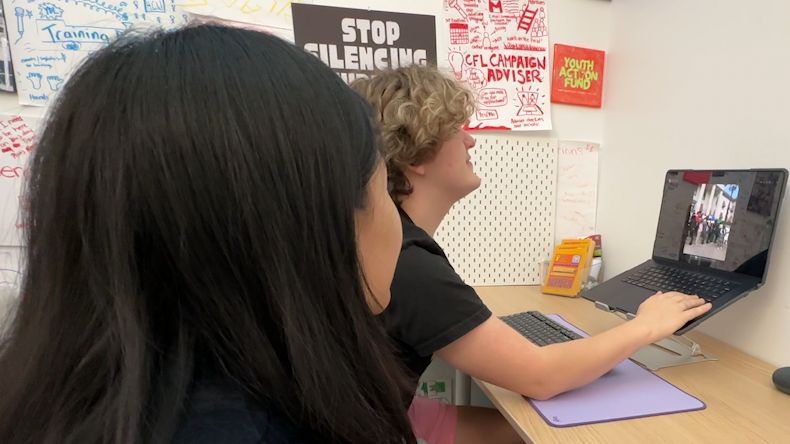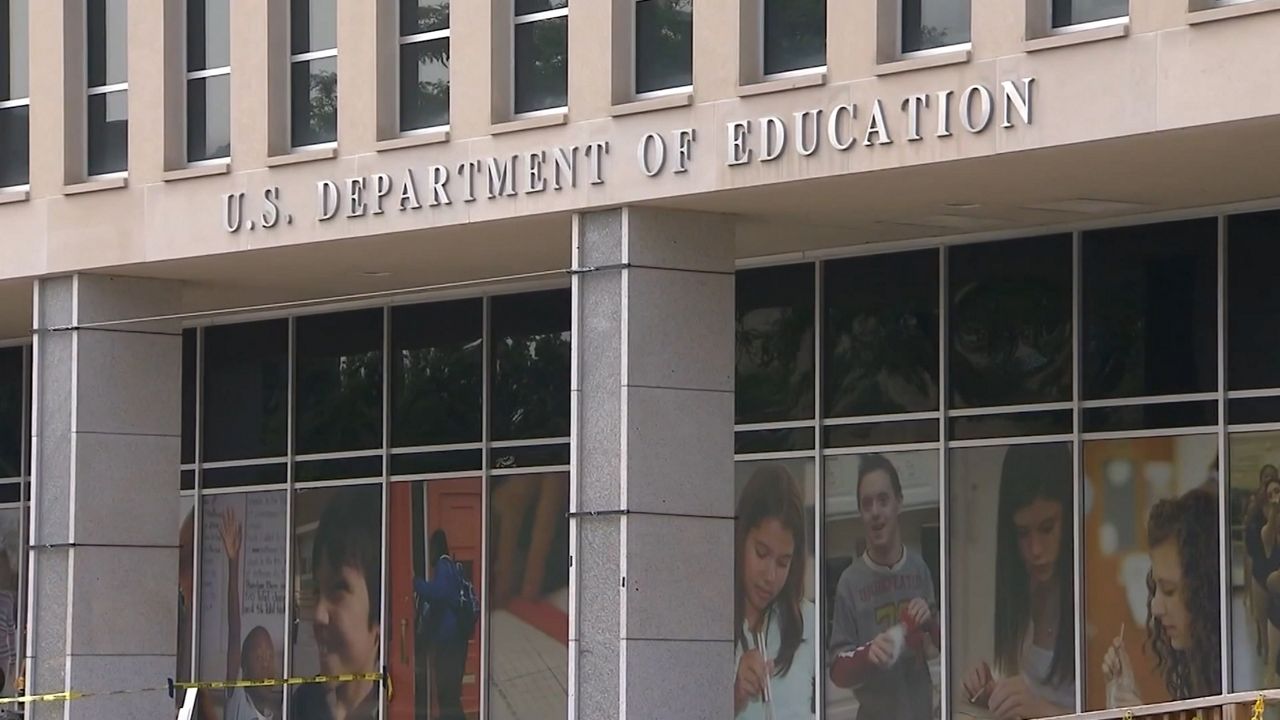ORLANDO, Fla. — Florida Highway Patrol says high call volumes and low staffing are leading to longer response times during crashes.
In the works for more than a year and a half, a new pilot program could change that throughout Central Florida.
On Thursday, board members for the Central Florida Expressway Authority approved a partnership between the Florida Department of Highway Safety and Motor Vehicles and CFX for a pilot program that will allow transferring people involved in minor crashes to a desk trooper.
FHP troopers will soon start conducting remote investigations on minor crashes not involving any injuries, criminal violations or, for example, tow trucks.
FHP officials say next steps include extensive outreach before implementing this in the Summer, so the public knows it’s coming.
FHP Lt. Col. Mark Brown said in some areas of Orlando, drivers may be waiting hours for a law enforcement officer to investigate crashes.
He called it a “long-standing issue.”
In the coming months, Brown said that will hopefully change.
On Thursday, Orlando native Felipe Henderson said he was for the program if it helps save time.
Henderson said he was in a minor crash a few months ago and had a lengthy wait for law enforcement to get to the scene.
“We were going over each other’s insurance,” he said of his interaction with the other driver. “Once that information established, the time kind of exceeded his and I’s comfort level.”
That is the kind of thing Brown said the pilot program will hopefully change.
“The whole purpose of this is just to clear the roadway faster and get them on their way,” he said. “It’s using technology to allow our troopers to work a crash view via smartphone.”
The pilot program would involve accessing a callers’ phone camera, with their permission, to see the scene live and take photos and videos for evidence gathering.
Brown said that would allow a trooper to work a minor crash from anywhere in the state.
“We’re going to ask the people to walk around the car. Show us the damage. Show us your driver’s license,” he said.
Henderson said he would participate in the pilot program if the occasion arises.
“If there’s a way to remotely report this information and get it to the proper individuals and start the process quicker, absolutely,” he said.
In 2022, FHP troopers responded to nearly 50,000 crashes with a “short form report,” Brown said.
He said the average time to respond to those crashes was about 65 minutes.
FHP officials say that if only 10% of short form crashes can be handled remotely, a desk trooper could free up more than 6,000 hours for proactive patrol.
“Because of the growth of the state and our allocated positions not kept up with the growth, the state population is booming,” Brown said. “It’s increasing every day, and eventually we’re going to have to add more troopers to the road.”
FHP officials said the program will be voluntary, and both parties involved would have to agree to use it.









